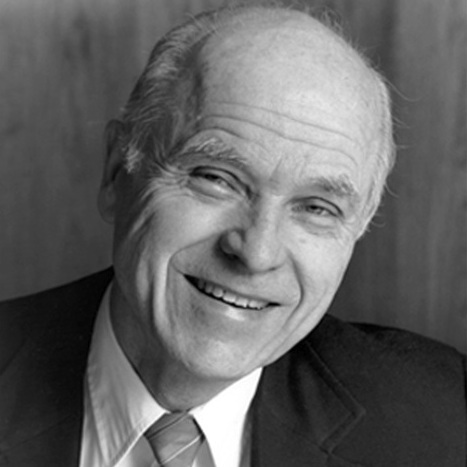Editorial Comment

We have been trying to plan many other things about the future of missions, and in this entire issue we are addressing the difficulties and complexities of that task. We need to be able both to plan and measure progress.
In my editorials I usually write about things that are happening at the moment, but I don’t usually say much about things that are happening to me personally.
This time a very crucial event for me will be taking place July 6, when, if all goes well, I will marry again.
I will mention such plans in a minute after I do my duty to the crucial, mission planning process to which this issue of Mission Frontiers is devoted.
Yes, while I have been trying to plan my own future, we also have been trying to plan many other things about the future of missions, and in this entire issue we are addressing the difficulties and complexities of that task. We need to be able both to plan and measure progress.
In fact, one brief article by a brilliant Brazilian missiologist addresses the deplorable situation in which some well-meaning people are calling into question the very idea of planning. Such people are saying something like “Those people in Pasadena plan too much and are ‘managerial missiologists,’” as if planning is always a man-centered effort that focuses on quantity and not quality.
Such critics have a point. It is obvious that the presence of God in human affairs is itself a factor which is not easy to predict. Who, for example, at the Los Angeles Times would try to plan out that newspaper’s headlines even a year in advance?
But, as Dr. DeCarvalho (who is also the Academic Vice President of our university) courteously points out, there are arresting other factors to consider.
If you wish to pursue further the full text of his remarkable article, it is contained in the recently published International Journal of Frontier Missions, vol. 18:3. See box for details.
However, the centerpiece of our bulletin this time began some years ago as a forty-page document, now called the World Christian Global Action Plan (WCGAP). This plan is massive, detailed, impressive, and thoughtful, and was generated by the World Evangelization Research Center office in Richmond. The final compilation was done by one of the authors in this issue, Michael Jaffarian. His own sober review of that plan is fascinating.
Please understand that some of the distinctive perspectives of the WCGAP are not shared by others. Thus look for kindly objections in the responses of some of the mission executives we polled.
Now, to my own “plans.” Just a year ago, on July 20, Roberta and I celebrated the 50th anniversary of our first meeting. Little did we realize that nine weeks later she would enter an Intensive Care Unit, lose almost all awareness, and never emerge alive. In my last editorial I said, “It has seemed clear that another life-companion would be very helpful, and I am beginning to believe that will be possible.”
By now, the plans are for that life-companion and I to be united in marriage July 6, 2002. Barbara Scotchmer is the widow of the senior pastor for many years at the Memorial Presbyterian Church of St. Louis. That is the church which houses our regional office, the “Gateway Center for World Mission.” It is that pastor’s son who, with his wife, took over in 1967 the work Roberta and I had done for ten years in Guatemala, from 1957 to 1967, when I joined the faculty of the Fuller School of World Mission. Barbara and Roberta are very much alike and very different. Yet, both are marvelous creations of an all-wise God who understands perfectly that men don’t usually amount to much without a godly woman at their side. My trips to St. Louis in past weeks have been a major irregularity in my schedule, but nowhere near as great a disturbance as has been the many months of absence of a close companion—after 50 years of rich marital teamwork. Hope for that again is now in sight!
Since I am at present the de facto editor of the International Journal of Frontier Missions, as well as editor of this bulletin in your hands, it is not surprising there are connections between that journal and this bulletin. The IJFM has the luxury of going at things more in depth.
Why not try out a one-year subscription by asking for the four issues of Volume 18? That volume not only includes the full article by Dr. DeCarvalho mentioned to the left, it includes a whole lot of other outstanding things.
There are two series running through several issues that should be of great interest to all Mission Frontiers readers.
One is a three-part series on the burning issue of whether mission societies need or ought to have a corporate board of mainly outsiders.
Another is a remarkably insightful story and analysis of the Unreached Peoples movement, which beautifully and critically sums up what may have gone wrong as well as what is right.
In the fourth issue, 18:4, is a whole cluster of fascinating articles which address the delicate issue of what to do with millions of Hindus who are sincere, Bible-believing followers of Christ, but who do not track with Western Christianity.
(Send in $15 for all four issues of Vol 18 to Rory Clark, Managing Editor, IJFM, 1605 Elizabeth St., Pasadena CA 91104.)








comments